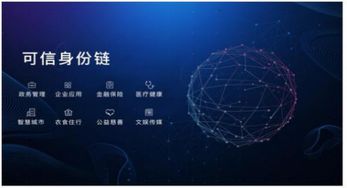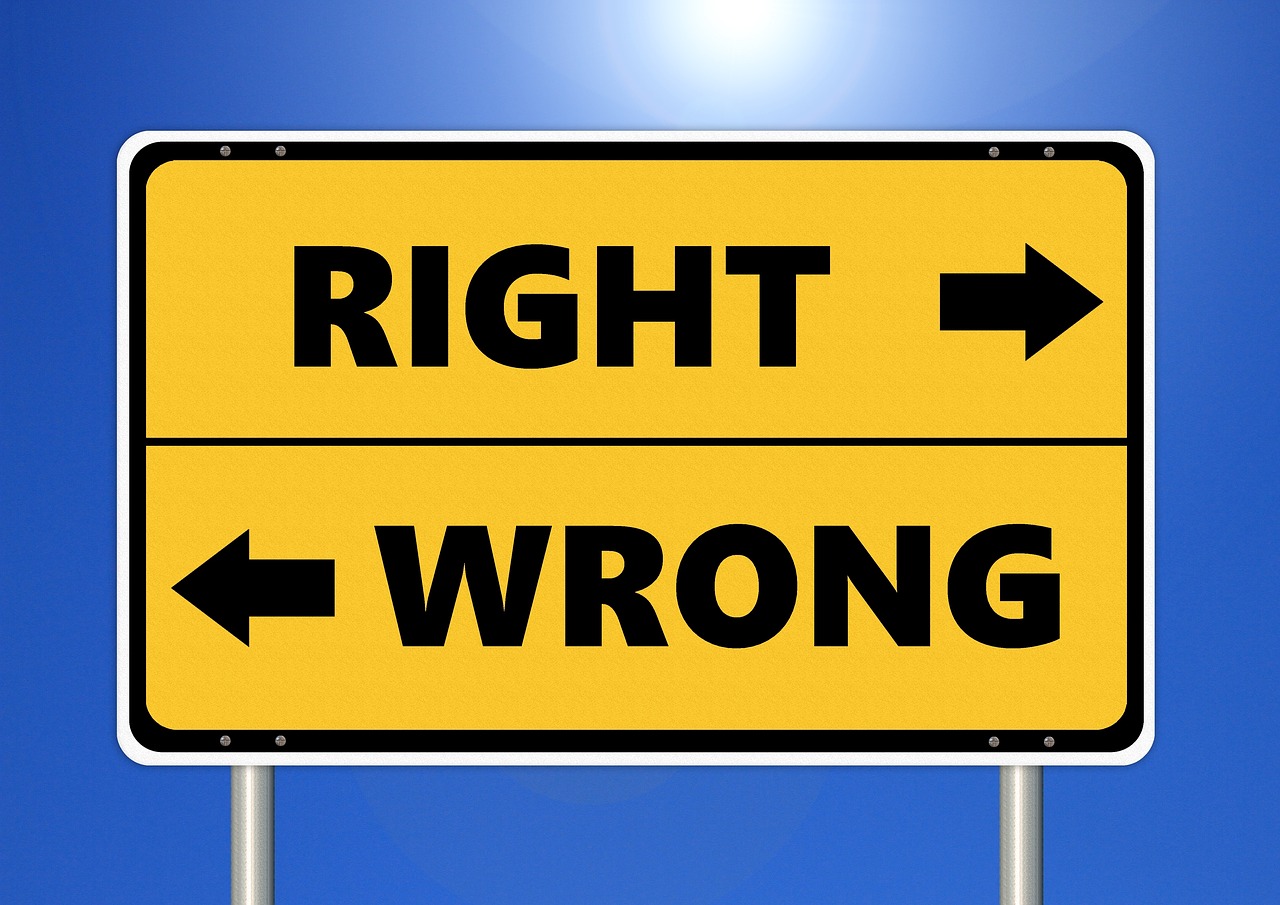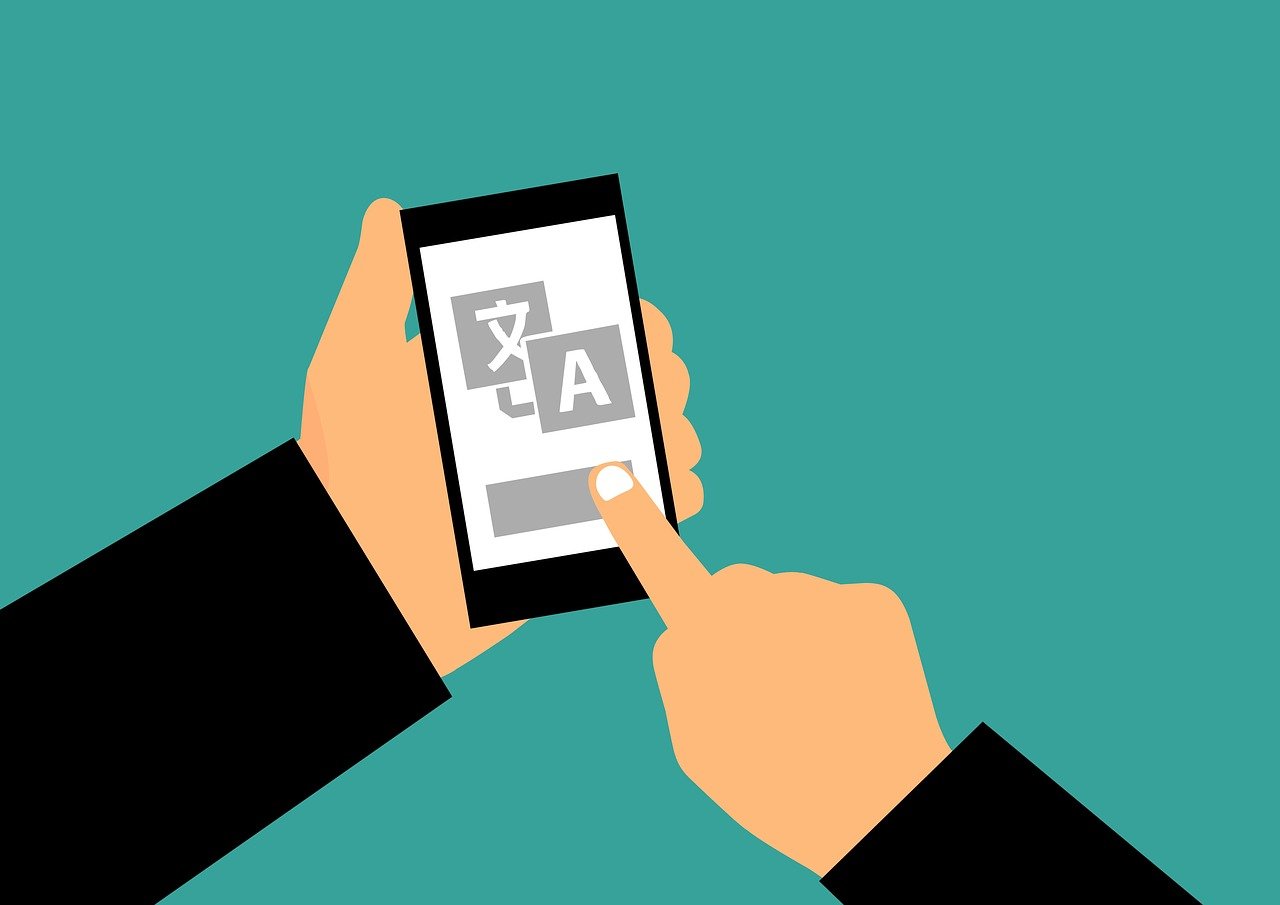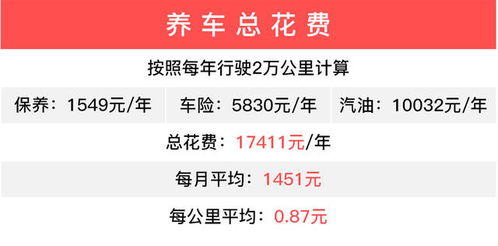区块链的127种应用场景
Title: 10 Essential Blockchain Applications Systems
Blockchain technology has evolved beyond its initial application in cryptocurrencies like Bitcoin. Today, it finds utility across various industries, offering transparency, security, and decentralization. Here are ten essential blockchain application systems across different sectors:
1.
Supply Chain Management (SCM)
:Blockchain enables transparent and immutable tracking of goods from production to delivery. Systems like IBM's Food Trust and VeChain provide visibility into the journey of products, ensuring authenticity and reducing fraud in supply chains.
2.
Digital Identity Management
:Blockchainbased identity management systems offer secure and selfsovereign digital identities. Sovrin and uPort allow individuals to control their personal data, enhancing privacy and reducing identity theft risks.
3.
Smart Contracts Platforms
:Ethereum and EOS are prominent platforms for deploying smart contracts. These selfexecuting contracts automate agreement enforcement, facilitating various applications such as decentralized finance (DeFi), decentralized autonomous organizations (DAOs), and tokenized assets.
4.
CrossBorder Payments
:Ripple's blockchainbased payment protocol, XRP Ledger, facilitates fast and lowcost crossborder transactions. It eliminates intermediaries, reducing settlement times and costs for international money transfers.
5.
Healthcare Data Management
:
Healthereum and Medicalchain leverage blockchain for secure storage and sharing of medical records. Patients have control over their data, and healthcare providers can access accurate and updated information, improving patient care and data interoperability.
6.
Intellectual Property Rights (IPR)
:Platforms like WIPO Green and KodakOne utilize blockchain to manage intellectual property rights. Digital assets can be securely registered, tracked, and monetized, protecting creators' rights and reducing piracy.
7.
Decentralized File Storage
:Filecoin and Storj offer decentralized storage solutions powered by blockchain technology. Users can store files securely across a distributed network of nodes, ensuring data integrity and availability without relying on centralized servers.
8.
Voting Systems
:Blockchainbased voting systems like Voatz and Follow My Vote enhance election integrity and transparency. By recording votes on an immutable ledger, these systems prevent tampering and provide verifiable election results, fostering trust in democratic processes.
9.
Energy Trading Platforms
:Power Ledger and Grid enable peertopeer energy trading using blockchain. Consumers can buy and sell excess renewable energy directly to others in their community, promoting energy efficiency and sustainability.
10.
Tokenization of Assets
:Security token platforms like Polymath and Harbor tokenize realworld assets such as real estate, stocks, and commodities. This fractional ownership model enables greater liquidity, accessibility, and transparency in traditionally illiquid markets.
These ten blockchain application systems represent just a fraction of the innovation occurring in this rapidly evolving technology landscape. As blockchain continues to mature, its potential to revolutionize various industries becomes increasingly apparent, promising a future of greater efficiency, security, and decentralization.











